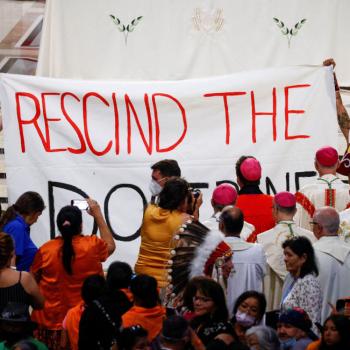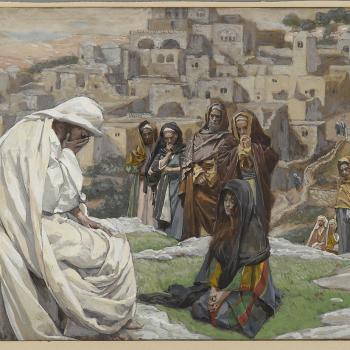It’s common to read the New Testament for spiritual enlightenment and moral persuasion. One can also lower one’s sights and wonder about the political arena in which Jesus lived, worked, and suffered. That’s not as common, and when we do think that way, we tend to keep the two, Jesus and politics, apart from each other: “Render to Caesar Caesar’s due, and to God” … something else. Warren Carter rejects that separation and thinks a lot about politics in the... Read more
















